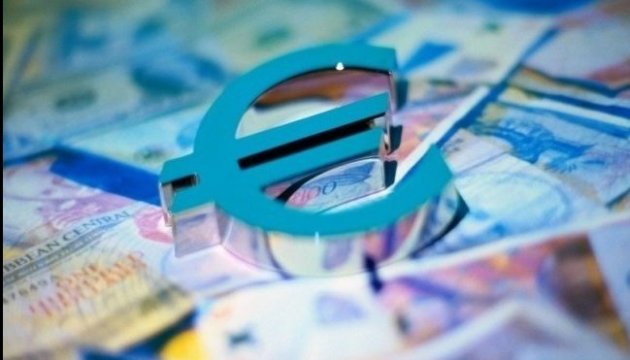- Reps Approve Buhari’s $2.7bn Loan Request, $82.54m to Refinance Eurobond
The House of Representatives has approved President Muhammadu Buhari’s request to raise $2.7bn from the international capital market.
The House gave the approval at its sitting in Abuja on Tuesday, which was presided over by the Speaker, Mr Yakubu Dogara.
Lawmakers also gave the President the nod to raise $82.54m “to refinance the balance of $500m matured Eurobond in the international capital market.”
The $2.7bn was captured in the 2018 budget as a financing window for the N9.12tn Appropriation Act.
The delay in approving the request had been one of the sore points in the relationship between the National Assembly and the Executive lately.
The approval came as the House Committee on Capital Market and Institutions gave nine oil firms a 48-hour ultimatum to produce documents on their compliance level with regulatory requirements to operate in the country.
The committee is investigating the compliance status of public limited companies in Nigeria with extant provisions guiding their operations.
The firms given the ultimatum are Capital Oil, Oando Plc, Seplat, 11Plc, MRS, Forte Oil, Total Nigeria Plc, Japaul Oil and Eterna Plc.
The Chairman of the sub-committee, Mr Tony Nwulu, while handing down the ultimatum at its hearing on Tuesday, also directed their chief executive officers to appear before the panel on Thursday at the National Assembly.
Nwolu warned that failure to heed the ultimatum would force the House to activate Section 89 of the 1999 Constitution to compel compliance with the directive.
He explained, “If any one of you fails to submit your management letters and comply with other requests of the committee by Thursday, we may not have any other option than to use our legislative powers to compel you.
“You have constantly disregarded our requests to submit documents required by this committee. We are giving the Thursday deadline to submit the required documents and for you to appear unfailingly, otherwise, this will leave us with no other option than to invoke our legislative powers.
“The committee will insist that companies quoted on the Nigerian Stock Exchange, which fail to comply, are de-listed from the stock market for failing to meet the aspirations of investors.”

 Forex3 weeks ago
Forex3 weeks ago


 Naira2 weeks ago
Naira2 weeks ago
 Billionaire Watch2 weeks ago
Billionaire Watch2 weeks ago




 Naira2 weeks ago
Naira2 weeks ago




 Naira2 weeks ago
Naira2 weeks ago




 Naira1 week ago
Naira1 week ago




 Naira4 weeks ago
Naira4 weeks ago




 Naira3 weeks ago
Naira3 weeks ago






















